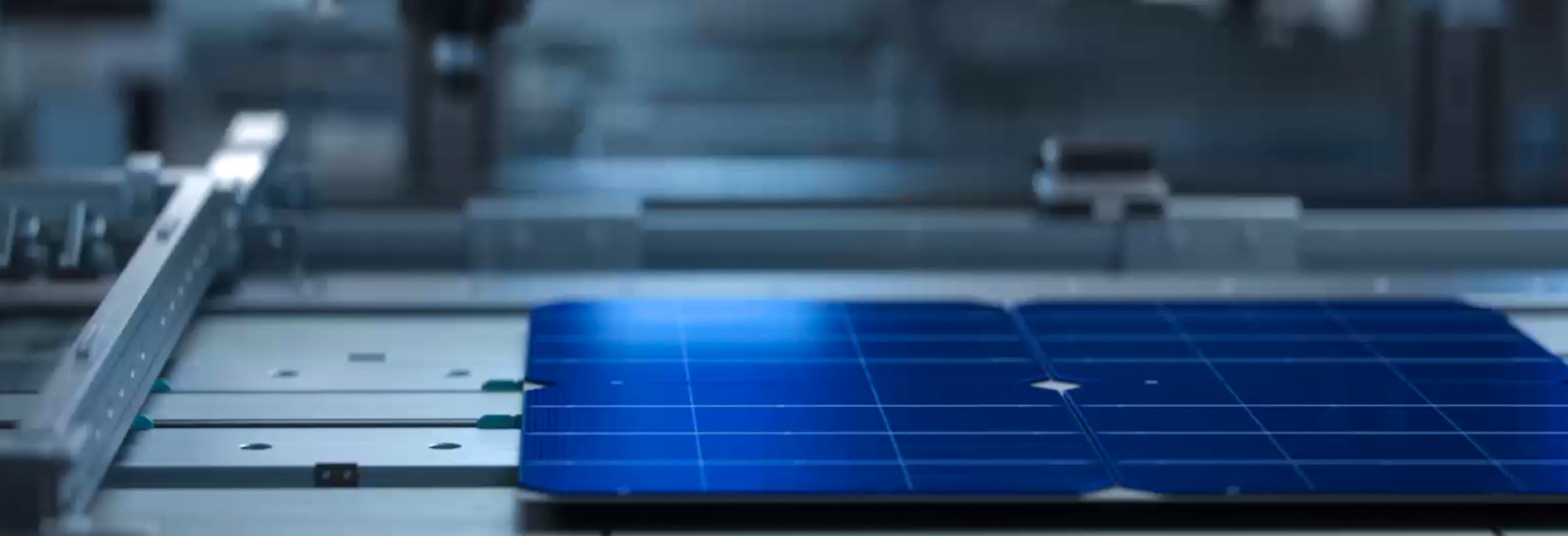How modular manufacturing can boost your bottom line and support sustainability
By taking a modular, distributed approach to manufacturing, stakeholders can create more resilient, more agile, and more cost-effective factory operations
Powered by the rapid rise of the IIoT and 5G, modular production gives manufacturers a whole new way to think about how their factory floors operate. The potential to use the same piece of manufacturing equipment to produce multiple components not only enables greater operational flexibility but can have a transformative effect on the efficiency and effectiveness of manufacturing operations. And this can mean more sustainable manufacturing.
Modular manufacturing delivers benefits in two key ways:
Modular manufacturing allows manufacturers to adapt quickly to large scale changes in production behavior, like varying the volumes of production. This makes it particularly useful in updating product lines for new products, or quickly adapt existing operations to reflect changing customer preferences or shifting legislation or regulatory standards.
For example, if you are an automaker dealing with new standards on emissions technology, modular production could allow you to simply adapt existing manufacturing equipment and machinery to quickly and flexibly produce the necessary components – rather than having to shoulder the expense of build and operating whole new production lines.
Modular manufacturing allows manufacturers to adapt quickly to large scale changes in production behavior, like varying the volumes of production
Why modular manufacturing means more sustainable manufacturing
On top of the commercial advantages, modular production can deliver an array of more sustainable solutions.
Firstly, modular production can allow for a more effective use of resources. By maximizing the utility of individual pieces of machinery, manufacturers can limit total in-use operational equipment on a production line, and thereby improve energy efficiency in manufacturing.
Resources can also be saved through the optimization of logistics. Multi-use machines means that more and more components can be built and assembled in the same factory site, limiting the need to transport components, and enabling more localized distributed manufacturing.
Secondly, modular production means a more optimized production system. This means that end products are produced to higher standard of quality, leading to less waste, and less rework, and fewer products in need of return or maintenance.
And thirdly, modular design allows for a reduced need for intensive inventory, meaning that manufacturers can run tighter, more cost-efficient operations, where every step is optimized, and raw material can be preserved.
Production lines themselves can be more conveniently and cheaply upgraded to be ready for new products, saving manufacturers the need to construct new facilities and commission new equipment to produce a new product.
How digital technology can help you make the move to modular production
Despite the clear benefits, modular production solutions can be a challenge for manufacturers to implement effectively. For example, there can be difficulties in knowing how and where to allocate resources, or how to define production paths – particularly when it comes to producing new products or implementing new processes
Many of these issues can be solved with the right digital technology. The ability to create virtual twins of the factory floor and then run production simulations – such as with Dassault Systèmes’ cloud-based 3DEXPERIENCE® solution – can help you see the impact of different configurations on the production process and how to optimize material flow. You can also run simulations of individual machines, gaining a deeper understanding of how this equipment feeds into your overall manufacturing outcomes.
3DEXPERIENCE’s planning and scheduling software like can also be a vital solution in helping manufacturers optimize modular production configurations. DELMIA combines digital continuity with artificial intelligence driven decision support to help manufacturers better control production flow and manage their people and resources accordingly.
To further support the would-be modular manufacturer, 3DEXPERIENCE’s collaboration management solutions can help empower your workforce with training and instructions on the new processes.
Meanwhile, 3DEXPERIENCE’s design and engineering tools can help manufacturers in making sure the products they design and produce take advantage of the benefits of modular manufacturing systems, such as through greater customization.
Resiliency has understandably risen to the top of the agenda of most manufacturers over the past 18 months. That means having the flexibility to manage change. Modular manufacturing can be an extremely powerful tool in not only optimizing your existing production processes but giving you the operational agility to meet changing customer demands. And through a cloud-based platform like 3DEXPERIENCE, you can access all the digital solutions needed for your journey to a more sustainable, more modular future.
Optimize predictive maintenance activities for capital assets
Find out how modular production can future-proof your business
Read our top articles on Future Proof Systems
Explore our Industry Solution Experiences
Learn more about how our industry solutions can help you to achieve your professional ambition and business objectives
